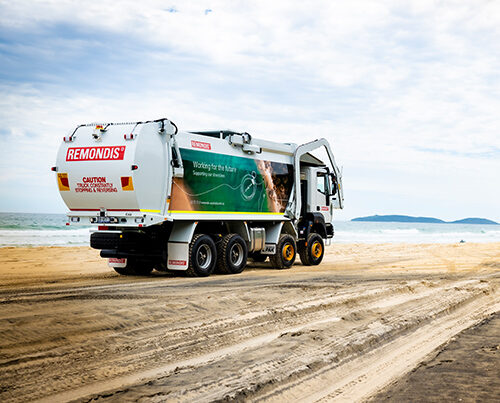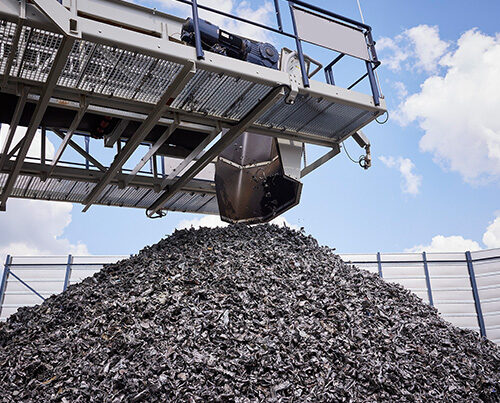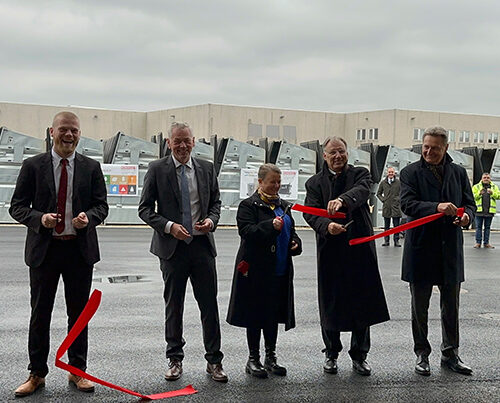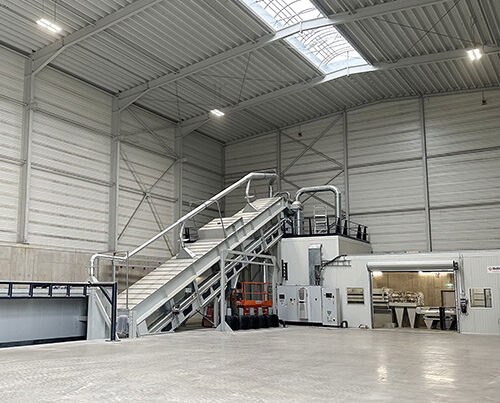Mostly ignored in public tenders
There are a whole number of good environmental and business reasons for using recycled aggregate – and not just when it comes to awarding building contracts. Which makes it all the more surprising that this useful secondary aggregate is too often sidelined in public tenders in Germany. What needs to be done to ensure this resource-efficient material gets the attention it deserves?
Recycled aggregate has many advantages
The technical properties of quality-assured recycled and secondary aggregate are no different to those of naturally sourced aggregate. Which means this material can be used in construction projects instead of primary aggregate (such as gravel, sand or basalt) – helping to conserve our planet’s natural resources. What’s more, using recycled raw materials reduces land consumption. On the one hand, less countryside is destroyed as fewer primary raw materials need to be quarried and, on the other, less land is needed for landfill as this material is recycled and reused. Having been used in so many projects, recycled and secondary aggregate has more than proven its worth. Despite all these arguments in its favour, however, it is still being ignored far too often in public procurement processes.
Clear intentions but no effective implementation plans
There are two laws that govern the way the public sector awards contracts for construction projects in Germany: procurement law and waste law (part of environment law). Waste law is based heavily on the German Circular Economy Law [KrWG]. This, in turn, is supplemented with the waste laws of the individual German states. In principle, all these regulations aim to promote the resource-friendly use of recycled aggregate. The main reason why this material still tends not to be used, however, can be put down to the fact that the laws primarily contain voluntary options.
The German states can help change this situation so that we move away from the current voluntary options towards making it obligatory to use recycled aggregate. An amended version of the German Circular Economy Law come into force in 2012 (in response to a new EU Waste Directive) and each state has had to adapt their state waste laws to reflect these changes. Only 11 of the 16 German states have done this so far. The result is a somewhat vague collection of laws. Not only do they have different names, they also have different contents. And they regulate the use of recycled aggregate differently – with some states looking into this subject in detail and others less so.
Rhineland-Palatinate is leading the way
Rhineland-Palatinate’s amended law is serving as a role model here as its state circular economy law stipulates that priority must be given to recycled aggregate in public procurement processes. It prescribes that local authorities must give preference to recycled products if they are suitable for the planned project and the costs are not unreasonable.
Thuringia passed its amendment and implementation law in November 2017 and is also heading in the right direction. It expressly points out that the public sector should act as a role model. Local authorities in Thuringia are obliged by law to give preference to products that come from resource-friendly and low-waste production processes or from the recycling sector – which is true for recycled aggregate. Saxony is also looking to push forward the use of recycled products and is currently in the process of drawing up its new state circular economy law.
The branded products, remexit® and granova®, can be used in a variety of areas thanks to their strictly defined properties and stringent quality controls.
The German parliament must also step up to the mark
It can only be hoped that the states that have not yet amended their laws will do so quickly in order to actively encourage the use of sustainable and resource-friendly products in public construction projects. And that these remaining states make the most of this opportunity to make it obligatory for local authorities to choose recycled aggregate over other materials. Having said that, though, an even better solution would be if the German parliament were to introduce regulations that applied across the whole of the country instead of having these differing solutions in each individual state.
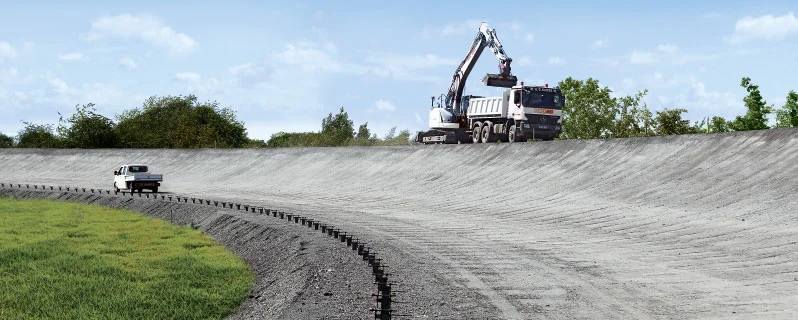
REMEX leads the European market with its high quality recycled aggregate and quality-controlled secondary aggregate

Image credits: © REMONDIS







